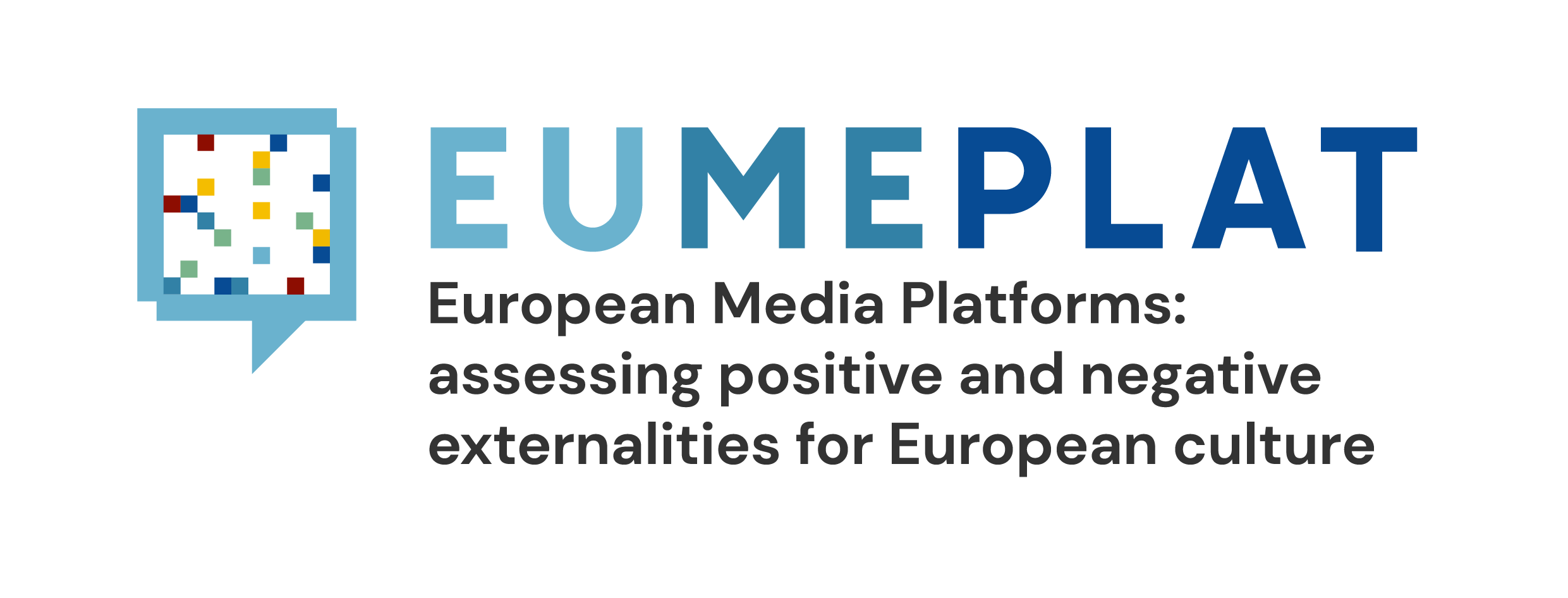Iberian Digital Media Research and Fact-Checking Hub
Assistente de Investigação
IBERIFIER is an Iberian hub that aims to tackle disinformation in Spain and Portugal by bringing together aconsortium of 23 partners, composed of 12 universities, 5 independent fact-checking organisations and publicly-owned news agencies, and 6 leading institutions on strategic analysis, computer and data science, and mediaresearch. With the support of public authorities of both countries, relevant media organisations, several scientific andprofessional associations, as well as some other stakeholders, the activities of this Action comprise: (1) scientificresearch and analysis for the security and development of the Iberian digital media ecosystem; (2) fact-checking inthree languages (Spanish, Portuguese, and Catalan); (3) computer and data research aimed at developing systemsfor early detection of disinformation; (4) strategic analyses about the impacts of disinformation on areas such aspolitics, economy, social and security issues, science and technology, and the media industry; and (5) developmentof media literacy, through a set of activities targeted mainly to young people, journalists and citizens in general.Although the consortium focuses its activities on Spain and Portugal, its impacts are expected to reach far beyondthese two countries, thus contributing to the overall strategy and goals of the European Digital Media Observatory.Thanks to the international dimension of some of the consortium partners, as well as the set of scientific,communication and dissemination activities planned, IBERIFIER aims to have impact in the socio-cultural andlinguistic area that comprises all the Iberian-American region as well as some other countries in Africa and Asia,where Spanish and Portuguese languages are spoken by more than 600 million people, spread over 21 Spanish-speaking and 9 Portuguese-speaking countries.
Informação do Projeto
2021-09-01
2024-02-29
Parceiros do Projeto
- CIES-Iscte
- UN - Líder (Espanha)
- AM - (Espanha)
- UC3M - (Espanha)
- UGR - (Espanha)
- USC - (Espanha)
- UPV - (Espanha)
- UPM - (Espanha)
- UMH - (Espanha)
- Verificat - (Espanha)
- FECYT - (Espanha)
- UVEG - (Espanha)
- ELCANO - (Espanha)
- POLIGRAFO - (Portugal)
- BSC CNS - (Espanha)
- CENJOR - (Portugal)
- UAVR - (Portugal)
- OberCom - (Portugal)
- FUSP-CEU - (Espanha)
- LUSA - (Portugal)
- URJC - (Espanha)
- EFE - (Espanha)
- ALPMJ - (Portugal)
European Media Platforms: Assessing Positive and Negative Externalities for European Culture
Assistente de Investigação
The EUMEPLAT project aims at analyzing the role of media platforms in fostering or dismantling European identity. The assumption we will draw on is that European dimension has rarely been dominant in media history. In most cases – i.e., movie – market shares are mainly divided among national productions and importations from the most influential country. In broadcasting both regional and national patterns emerge, with properly European exchanges being the exception more than the rule. Web platforms are usually owned by US companies, with a new threat appearing in our media landscape. We will focus on the “platformization” process, as the rise of new closed Web architectures, so as to inquire its positive and negative externalities, functional and dis-functional consequences. Positive externalities are beneficial to society at large, in a way that explains the overall ambition of the project. Detecting the insurgence of negative effects is a fundamental duty for scholars and policy-makers, as externalities of both kinds tend to reinforce themselves, giving rise to positive loop feedbacks and critical vicious circles. Negative externalities include misinformation, toxic debate, exclusion of independent voices; positive externalities encompass European co-productions, or practices able to bring people out of the information bubble. For this purpose, we will run a multidisciplinary analysis of platformization in three fields: news, video sharing, media representations, with the final goal to offer a theoretical synthesis. The research question is whether or not new platforms – YouTube, Netflix, NewsFeed - are making European culture more European, based on indicators related to production, consumption and representation. Patterns will be detected by comparing national, regional and European and level. Advanced methods will be applied for data analysis, so as to provide guidelines for decision-makers (i.e., fake news prevention; best practices in co-productions).

 English
English


